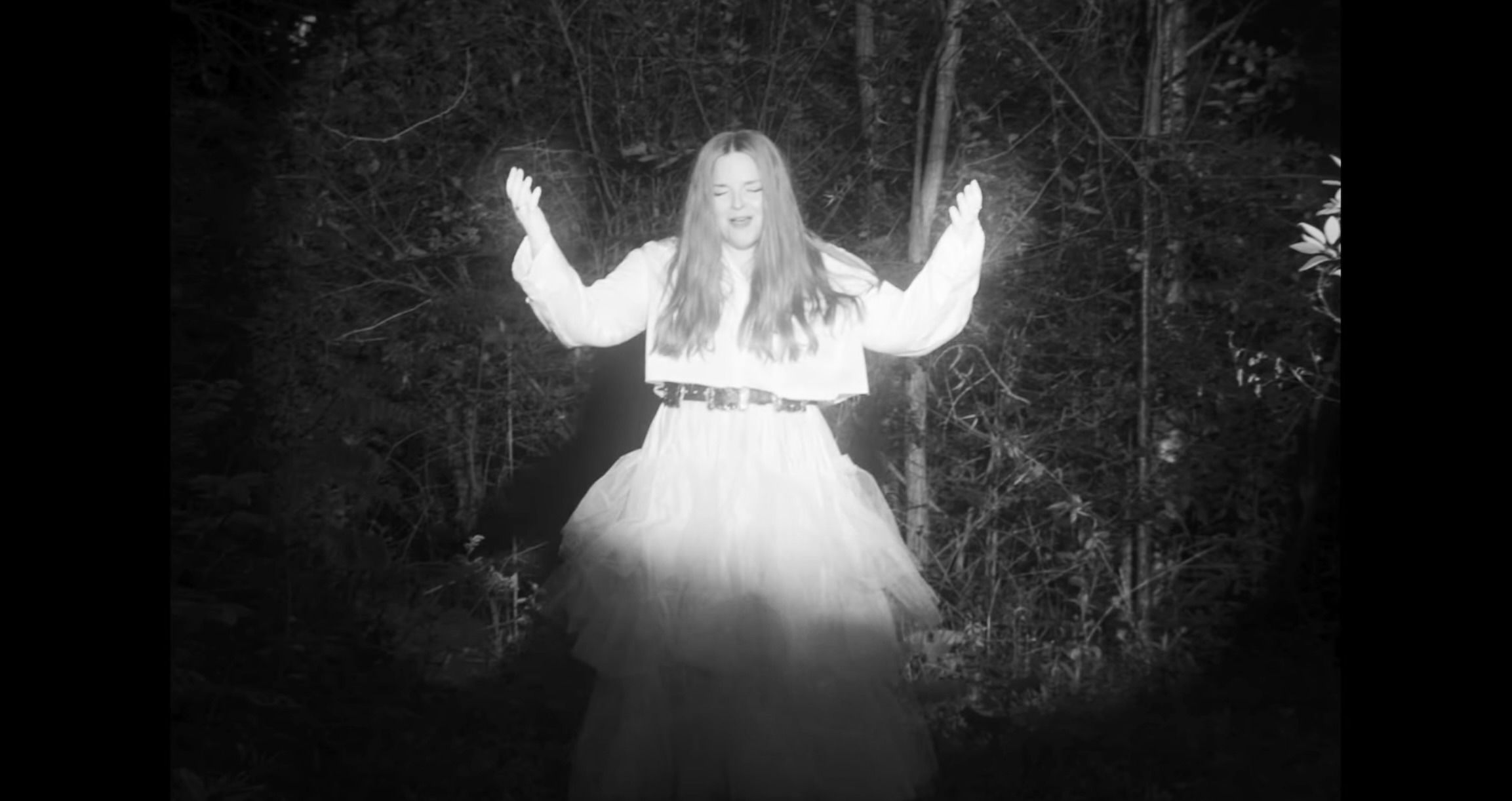Exploring Queerness in Adaline’s HYMNAL

In a modern musical environment towered over by the prayers, confessionals, and love songs of figures like Sufjan Stevens and Julien Baker, the trouble of reconciling queerness with the religious impulse is hardly unexplored.
In light of hundreds of years of Christian rhetoric which grappled with the expressions of queerness, Hymnal, the most recent release by prolific Canadian alt-pop songwriter Adaline is still worth discussing.

The EP is only seven tracks long and is competently produced by industry veteran Chris Coady (Beach House, Yeah Yeah Yeahs) and composed of 6 soft synth-pop cuts with a 40-second introduction of spliced-together testimonials from members of Bad Believer, Adaline’s non-profit which aims to support queer people hurt by Christianity.
The album wants nothing more than to convince the listener that there is still spirituality for the post-Christian.
To this end, musically speaking, the album is consistent for listeners of the genre.
Every song on the EP is patient, compassionate and almost paternalistic in a way that makes them feel like amped-up lullabies. But these are not just any lullabies.
As someone who was raised listening to religious music, Hymnal is aptly named because these are religious songs, and this is a religious record.
Not just because the album is suffused with biblical references, though it is. If there is a God’s allusions to the story of Jesus’ righteous assault on moneylenders in the temple and album closer What Love is All About’s reference to the parable of the wise and foolish builders are citations supporting the album’s critiques of moral corruption in modern organized religion.
The album’s sound involves the aesthetic signatures of aural Christianity – bleeding from its hands and feet.
The clear and clean vocal delivery and production sound ready for delivery from the front of a sanctuary to a waiting flock.
The quavering and droning synths blossom to dominate the final track, What Love is All About through an unmistakable pipe organ analogue.
This album is religious in its mythical treatment of the social problems at play, while being interested in providing sanctuary for those who want it – refraining from crusading for anyone’s rights or working systemic change.
The album is for queer believers for whom a word from the pulpit still carries weight – providing an answer for those seeking it.
Unfortunately, this does not extend to convincing those not asking the answer to the question to seek it in detail.


